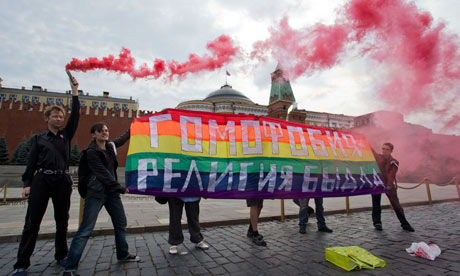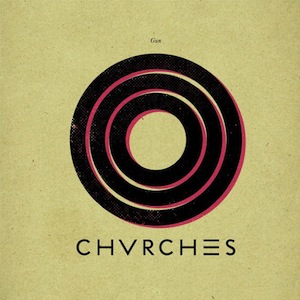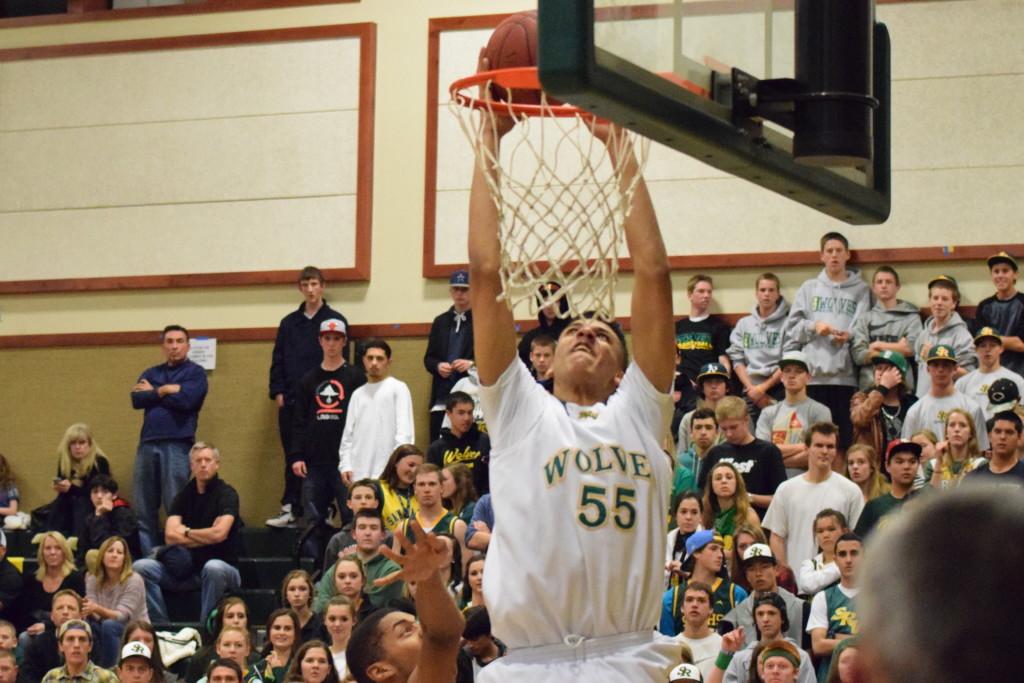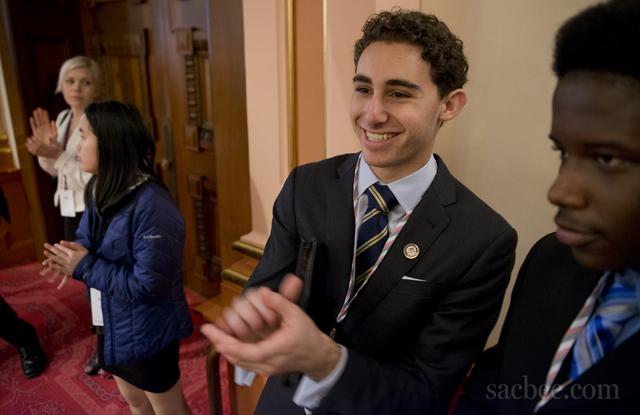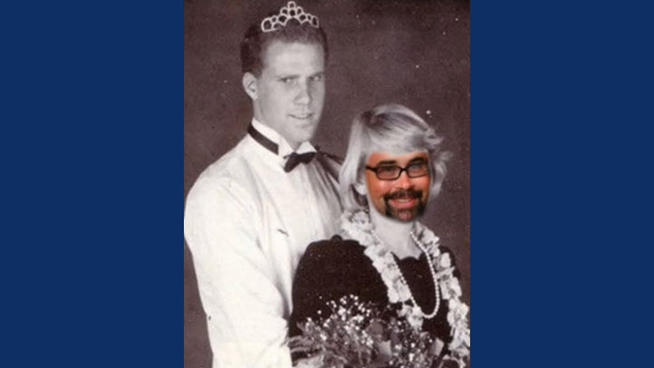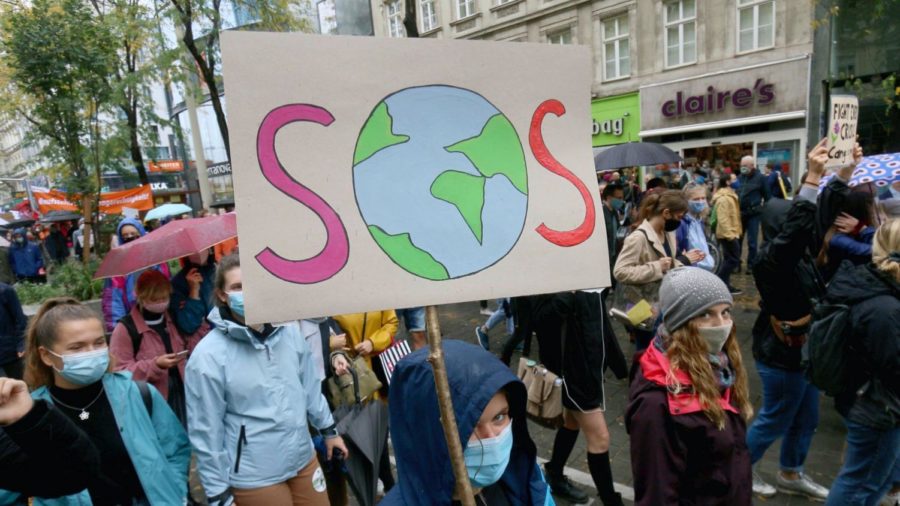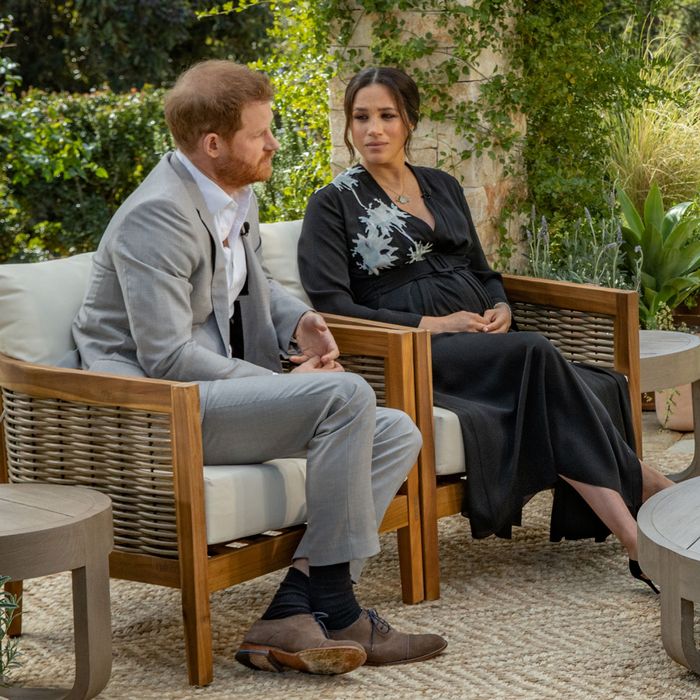By: Sarah Schroeder
Russia stands among the most hostile countries towards homosexuality as of now. With the Olympics starting, this remains a conflict between Russia and countries bringing homosexual athletes to the Olympics. Currently, no same sex couples are allowed in Russia and the lifestyle is looked down upon. For the past few weeks, the dominating headlines have been about how this has affected the Olympics in Sochi. There were rumors spreading that this could cause protest or provoke LGBT activists to demonstrate against the law during the games.
There is a very large amount of anger towards these discriminatory laws. According to Life Science website, 75% of Russia’s population believes homosexuality is morally unacceptable. Also, just eight months before the games in Sochi, a law was passed making it illegal for gay couples to adopt children and for homosexual propaganda to be distributed to children. This caused outrage among the gay community.On the opening day in Sochi, fourteen gay-rights activists were arrested for unapproved protests.They were holding a banner indicating the Olympic Charter’s statement about rules against any discriminatory behavior. The question remains: where and when did all this prejudice first start?
It was in the 1800’s that Russians first came out as being gay, a revolution followed in 1917, and in 1930, homosexuality was first labeled as a disease. In 1933 a law was established that openly legalized homosexuality in men,and, by 1958 police were told to crack down on the law. Still by 1989, a poll stated that gays were the most hated group in Russia, and hundreds of people were arrested or removed from society every year. It wasn’t until 1999 that homosexuality was finally removed from the list of mental disorders and steps were finally being taken to legalize it. In 2008, however, attempts at a gay pride parade were shot down by police.
This topic remains of heated debate and where are yet to see what will become of the spiteful feelings.Protests are popping up and there is much controversy on the affect this law has had on the Olympics. Awareness has risen greatly about these laws all over the world. Many advertisers have already shown support in Sochi. AT&T was the first major contributor with the release of their blog titled “A Time for Pride and Equality.” President Obama also showed where he stands on this when he chose openly gay representatives for the United States’ Olympic delegation committees for the competition. This topic is still the spotlight at Sochi and many people have remaining hope that athletes will take this time to make history for gay-rights activists and speak out for the global rights for homosexuals.


